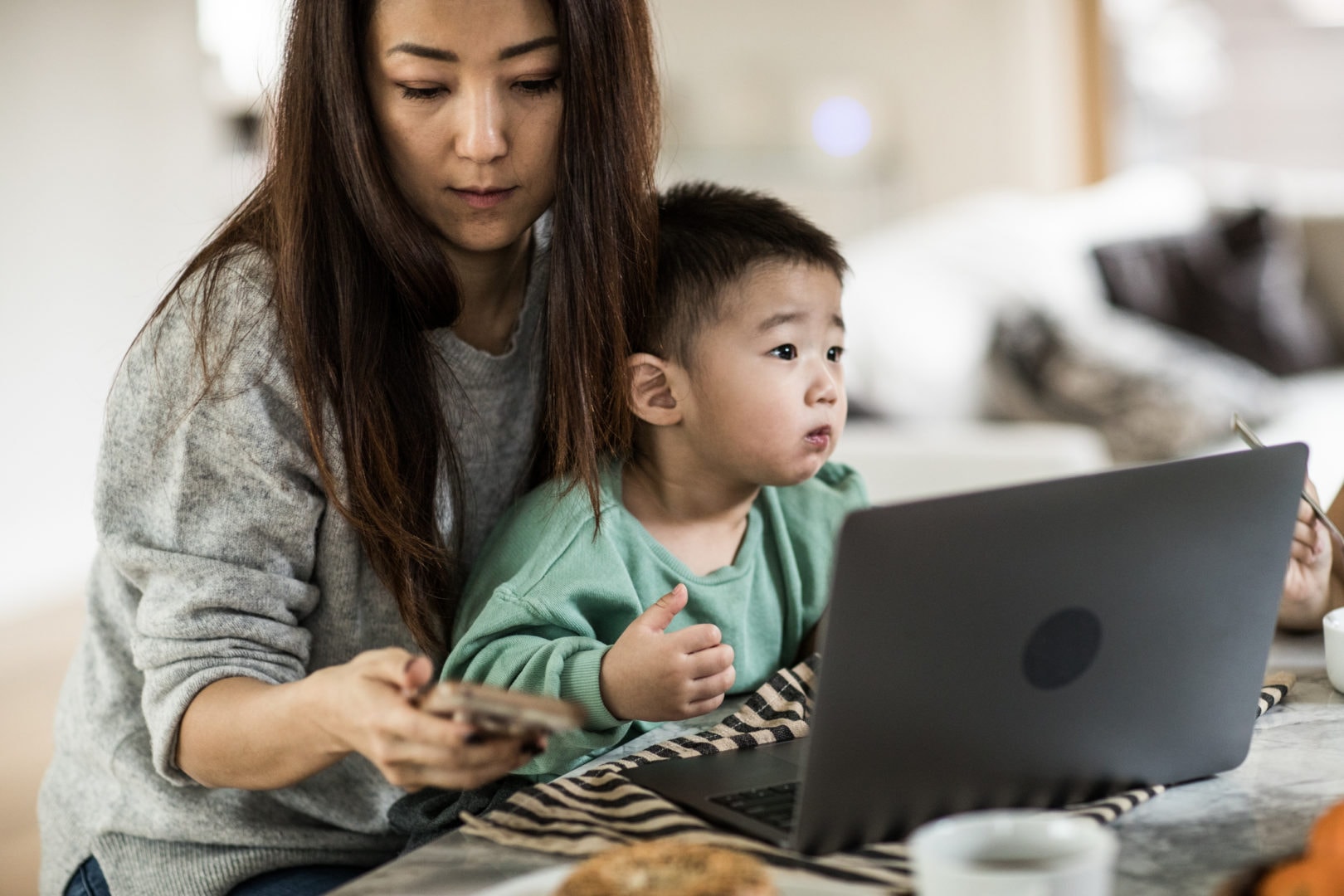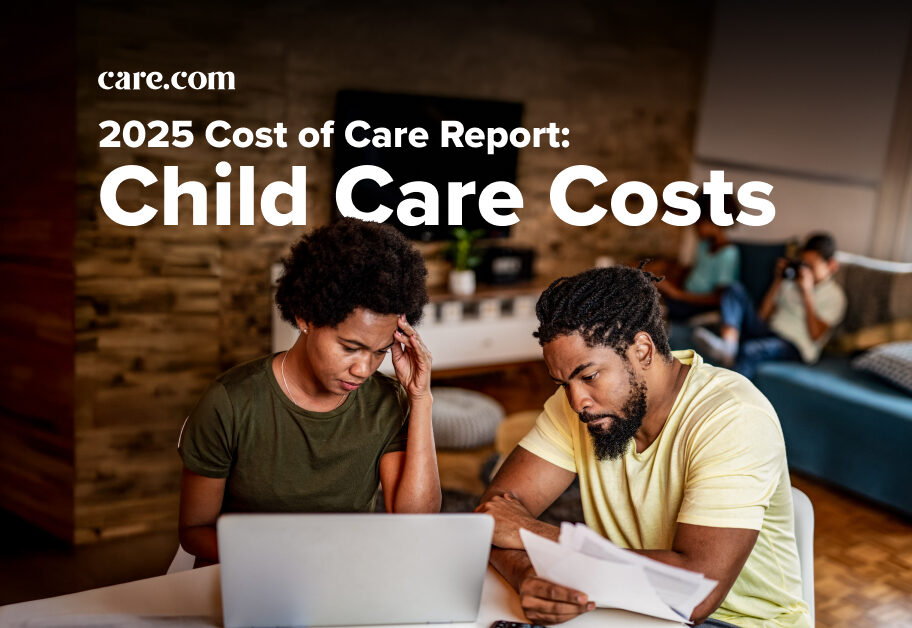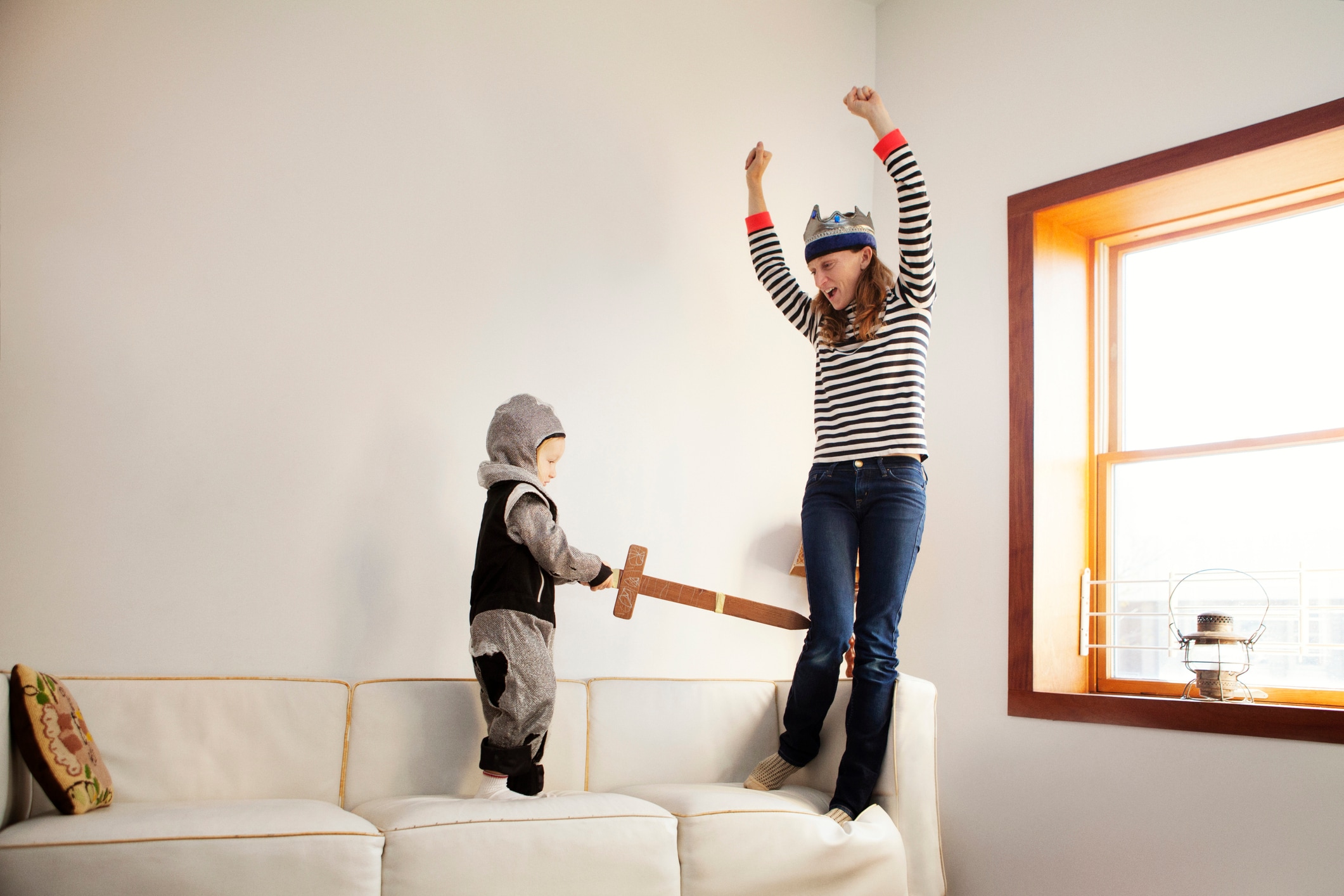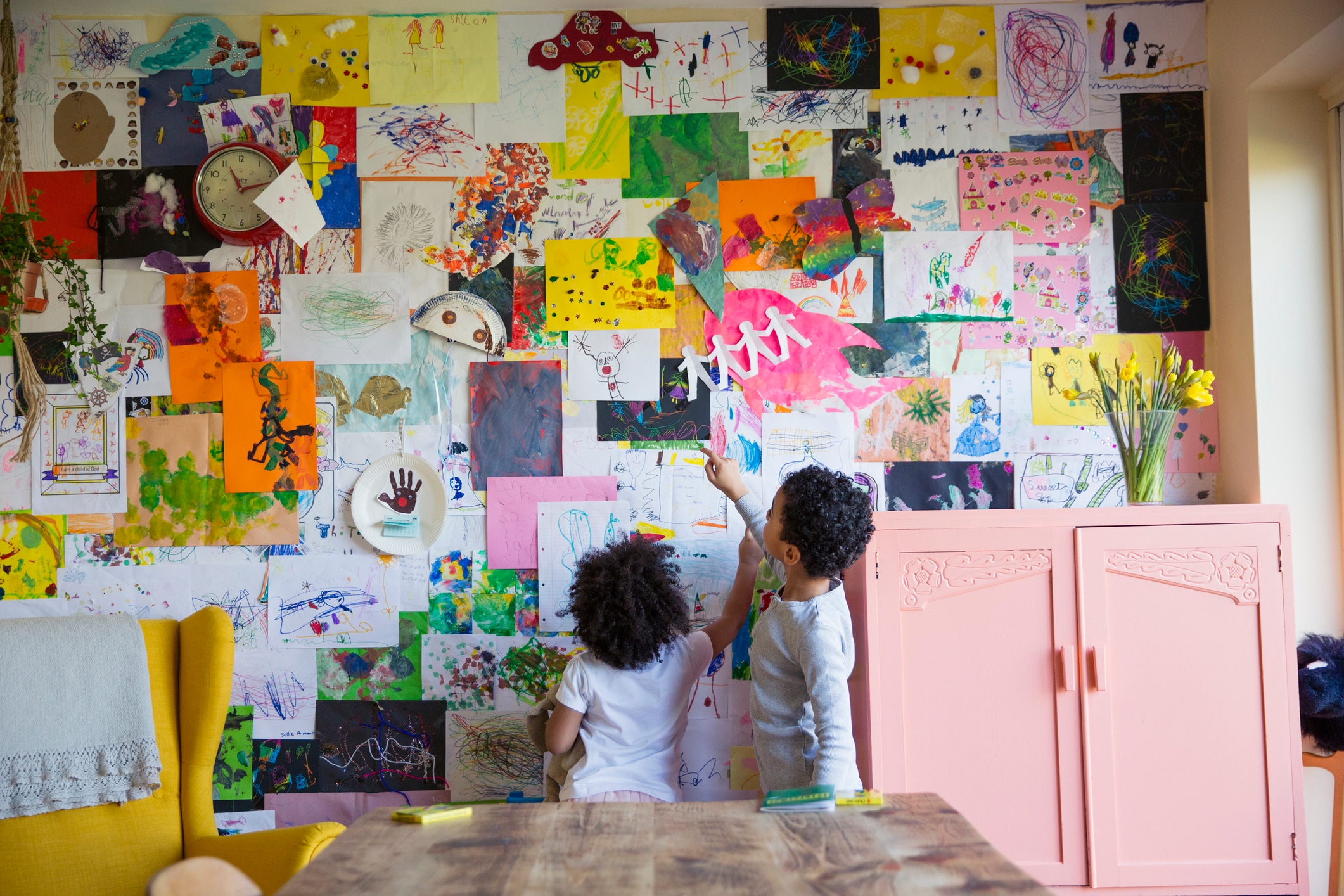The COVID-19 pandemic has been difficult for everyone, but it’s been exceptionally ugly out there for working women and moms. Women are being disproportionately impacted by extended school closures and the sudden disappearance of millions of American jobs. Even before the pandemic hit, women were more likely than men to live in poverty, be paid less for equal work, take on most of the child care and shoulder the mental load of home and family life. Now, as COVID-19 cases surge, businesses reopen and schools and day cares face uncertainty over their plans for the upcoming school year, the existing inequalities for women are only getting worse.
In April 2020, women made up 49% of the overall workforce, but accounted for 55% of job losses. In a New York Times survey in May, 80% of female respondents with children under 12 said they do most or all of the housework and oversee remote learning, and 70% said they were still handling most of the child care duties during lockdown. According to a separate survey conducted by Syndio in March, around 14% of women have considered quitting their jobs due to family demands caused by the pandemic, compared with only 10% of men.
What’s frustrating to many women is that these issues don’t even seem to be on the radar for many of the policy-makers navigating reopening. Businesses in many states were granted plans to reopen even before child care facilities did, and now, many school districts are coming up with complex alternative academic schedules for the fall with seemingly no regard for the parents — particularly moms — who will need to make huge sacrifices to make it all work.
On Twitter, many women are sharing the impossible schedules they may have to keep in the coming months, and their fears that even more women are going to quit their jobs.
Deb Perelman, a New York City author and the creator of SmittenKitchen.com, tweeted that her kids’ school district is planning to only have children attend one out of every three weeks in the fall.
“What’s confusing to me is that these plans are moving forward apace without any consideration of the working parents who will be ground up in the gears when they collide,” she writes in a follow-up tweet. “I wish someone would just say the quiet part loud: In the COVID economy, you’re only allowed a kid OR a job.”
As unfair as it might be, the choice between “a kid or a job” only exists for those privileged enough to have the luxury of choice in the first place. Single mothers have limited options without additional income or a partner to rely on.
Additionally, women of color often face higher unemployment rates and greater income inequality than white women. According to a June report by the U.S. Bureau of Labor Statistics, the unemployment rate for women over the age of 20 is just under 14%, but among Hispanic women, the rate is 19%, and among Black women, it’s 16.5%.
The impacts of COVID-19 on women’s livelihoods and progress is severe and far-reaching. In April, a United Nations (UN) study warned that COVID-19 risked reversing decades of global progress concerning gender equality in the workforce.
“As women take on greater care demands at home, their jobs will also be disproportionately affected by cuts and layoffs,” researchers said. “Such impacts risk rolling back the already fragile gains made in female labor force participation, limiting women’s ability to support themselves and their families, especially for female-headed households.”
The COVID-19 crisis is also having a major impact on women’s mental health. During March and April of 2020, researchers from the universities of Oxford, Cambridge and Zurich surveyed 8,000 Americans, and found that the decline in mental health in the U.S. during COVID-19 could be attributed exclusively to women.
Moms, in particular, are buckling under the demands of pandemic life. The 2020 State Of Motherhood Survey by the parenting website Motherly reports that mothers are “living in an acute state of burnout.” Around 74% of respondents say their mental health has gotten worse since the pandemic started, and 89% of respondents say society is not doing enough to support mothers.
There’s no clear solution to the problems and inequalities exacerbated by COVID-19. For women in the U.S. to feel even a semblance of relief, it would likely require increased partner participation, more affordable and high-quality child care options, flexible work schedules and better social support. These are all things many women have been demanding for decades, even before there was a global pandemic to contend with. It remains to be seen if the COVID-19 crisis will be the wake-up call that finally gets people to listen.





